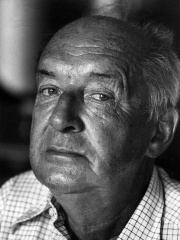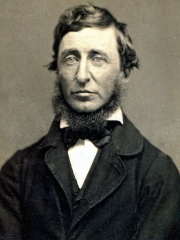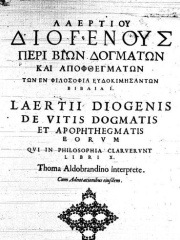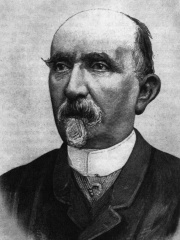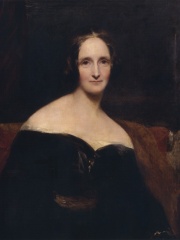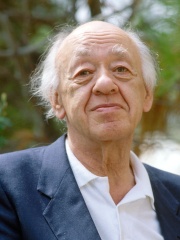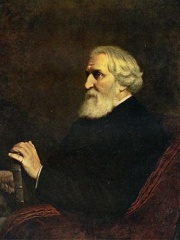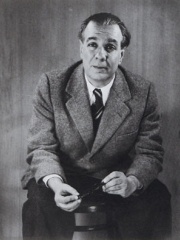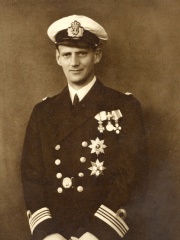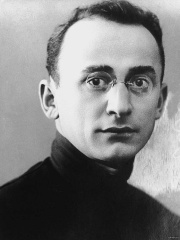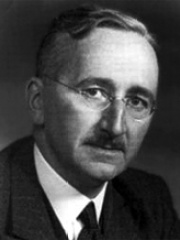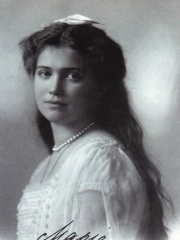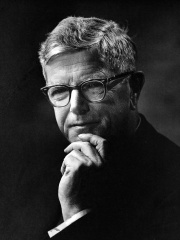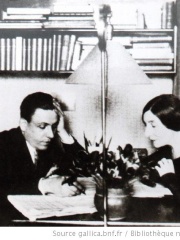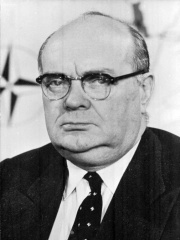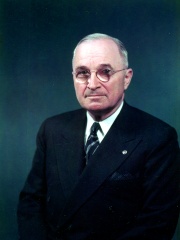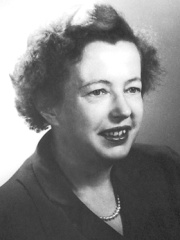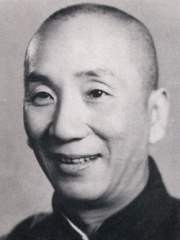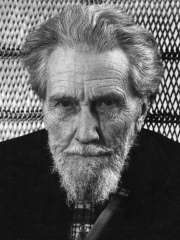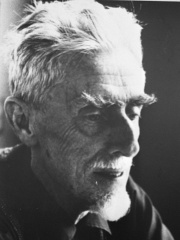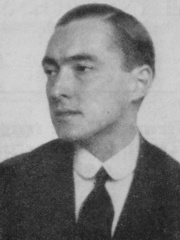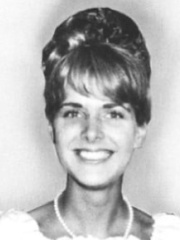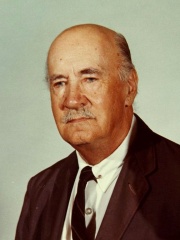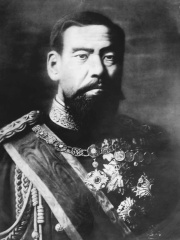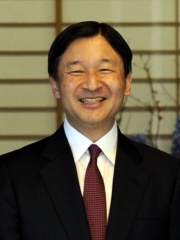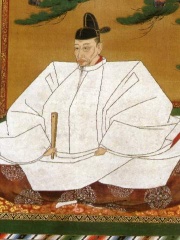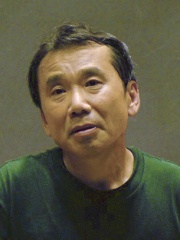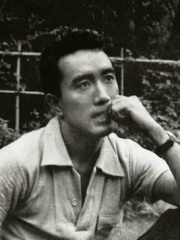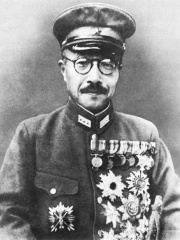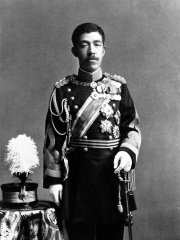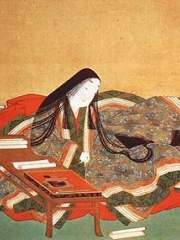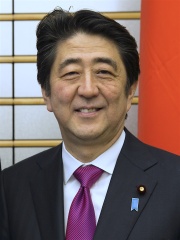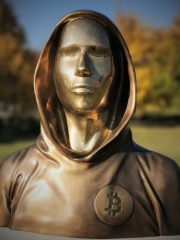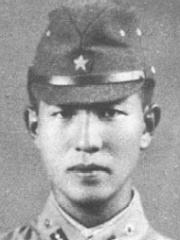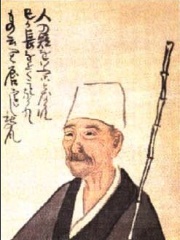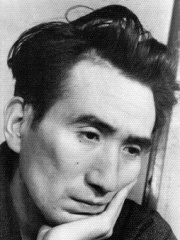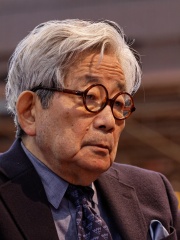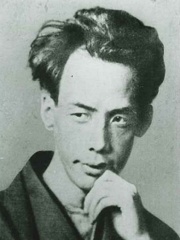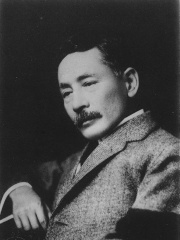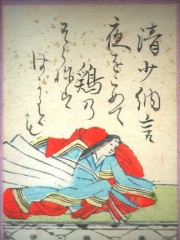WRITER
Yasunari Kawabata
1899 - 1972
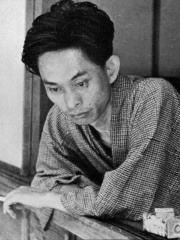
 Yasunari Kawabata
Yasunari Kawabata
Yasunari/Kōsei Kawabata (川端 康成, Kawabata Yasunari/Kōsei; Japanese pronunciation: [ka.wa.ba.ta (|) ja.sɯꜜ.na.ɾʲi, -koꜜː.sei, -seː], 11 June 1899 – 16 April 1972) was a Japanese novelist and short story writer whose spare, lyrical, subtly-shaded prose works won him the 1968 Nobel Prize in Literature, the first Japanese author to receive the award. His works have enjoyed broad international appeal and are still widely read. Read more on Wikipedia
His biography is available in 110 different languages on Wikipedia (up from 109 in 2024). Yasunari Kawabata is the 154th most popular writer (up from 169th in 2024), the 15th most popular biography from Japan (up from 18th in 2019) and the 5th most popular Japanese Writer.
Yasunari Kawabata is most famous for his novel, The Sound of the Mountain.
Memorability Metrics
Page views of Yasunari Kawabata by language
Among WRITERS
Among writers, Yasunari Kawabata ranks 154 out of 7,302. Before him are Vladimir Nabokov, Henry David Thoreau, Diogenes Laërtius, Emily Brontë, Carlo Collodi, and Plautus. After him are H. P. Lovecraft, Mary Shelley, Samuel Beckett, Eugène Ionesco, Ivan Turgenev, and Henryk Sienkiewicz.
Most Popular Writers in Wikipedia
Go to all RankingsVladimir Nabokov
1899 - 1977
HPI: 79.76
Rank: 148
Henry David Thoreau
1817 - 1862
HPI: 79.75
Rank: 149
Diogenes Laërtius
180 - 240
HPI: 79.75
Rank: 150
Emily Brontë
1818 - 1848
HPI: 79.72
Rank: 151
Carlo Collodi
1826 - 1890
HPI: 79.68
Rank: 152
Plautus
254 BC - 184 BC
HPI: 79.62
Rank: 153
Yasunari Kawabata
1899 - 1972
HPI: 79.61
Rank: 154
H. P. Lovecraft
1890 - 1937
HPI: 79.50
Rank: 155
Mary Shelley
1797 - 1851
HPI: 79.46
Rank: 156
Samuel Beckett
1906 - 1989
HPI: 79.46
Rank: 157
Eugène Ionesco
1909 - 1994
HPI: 79.45
Rank: 158
Ivan Turgenev
1818 - 1883
HPI: 79.43
Rank: 159
Henryk Sienkiewicz
1846 - 1916
HPI: 79.31
Rank: 160
Contemporaries
Among people born in 1899, Yasunari Kawabata ranks 9. Before him are Jorge Luis Borges, Alfred Hitchcock, Frederick IX of Denmark, Al Capone, Lavrentiy Beria, and Vladimir Nabokov. After him are Friedrich Hayek, Grand Duchess Maria Nikolaevna of Russia, Humphrey Bogart, Macfarlane Burnet, Francis Poulenc, and Paul-Henri Spaak. Among people deceased in 1972, Yasunari Kawabata ranks 7. Before him are Edward VIII, Harry S. Truman, Maria Goeppert Mayer, Ip Man, Frederick IX of Denmark, and Ezra Pound. After him are M. C. Escher, Richard von Coudenhove-Kalergi, Neilia Hunter Biden, Kwame Nkrumah, Paul-Henri Spaak, and Igor Sikorsky.
Others Born in 1899
Go to all RankingsJorge Luis Borges
WRITER
1899 - 1986
HPI: 83.40
Rank: 3
Alfred Hitchcock
FILM DIRECTOR
1899 - 1980
HPI: 82.16
Rank: 4
Frederick IX of Denmark
POLITICIAN
1899 - 1972
HPI: 81.91
Rank: 5
Al Capone
MAFIOSO
1899 - 1947
HPI: 81.56
Rank: 6
Lavrentiy Beria
POLITICIAN
1899 - 1953
HPI: 80.99
Rank: 7
Vladimir Nabokov
WRITER
1899 - 1977
HPI: 79.76
Rank: 8
Yasunari Kawabata
WRITER
1899 - 1972
HPI: 79.61
Rank: 9
Friedrich Hayek
ECONOMIST
1899 - 1992
HPI: 78.84
Rank: 10
Grand Duchess Maria Nikolaevna of Russia
RELIGIOUS FIGURE
1899 - 1918
HPI: 77.97
Rank: 11
Humphrey Bogart
ACTOR
1899 - 1957
HPI: 77.38
Rank: 12
Macfarlane Burnet
BIOLOGIST
1899 - 1985
HPI: 77.22
Rank: 13
Francis Poulenc
COMPOSER
1899 - 1963
HPI: 74.73
Rank: 14
Paul-Henri Spaak
POLITICIAN
1899 - 1972
HPI: 74.62
Rank: 15
Others Deceased in 1972
Go to all RankingsEdward VIII
POLITICIAN
1894 - 1972
HPI: 89.23
Rank: 1
Harry S. Truman
POLITICIAN
1884 - 1972
HPI: 83.61
Rank: 2
Maria Goeppert Mayer
PHYSICIST
1906 - 1972
HPI: 82.73
Rank: 3
Ip Man
MARTIAL ARTS
1893 - 1972
HPI: 82.04
Rank: 4
Frederick IX of Denmark
POLITICIAN
1899 - 1972
HPI: 81.91
Rank: 5
Ezra Pound
WRITER
1885 - 1972
HPI: 80.47
Rank: 6
Yasunari Kawabata
WRITER
1899 - 1972
HPI: 79.61
Rank: 7
M. C. Escher
ARTIST
1898 - 1972
HPI: 77.89
Rank: 8
Richard von Coudenhove-Kalergi
POLITICIAN
1894 - 1972
HPI: 77.33
Rank: 9
Neilia Hunter Biden
COMPANION
1942 - 1972
HPI: 76.02
Rank: 10
Kwame Nkrumah
POLITICIAN
1909 - 1972
HPI: 74.70
Rank: 11
Paul-Henri Spaak
POLITICIAN
1899 - 1972
HPI: 74.62
Rank: 12
Igor Sikorsky
INVENTOR
1889 - 1972
HPI: 74.38
Rank: 13
In Japan
Among people born in Japan, Yasunari Kawabata ranks 15 out of 6,245. Before him are Emperor Meiji (1852), Miyamoto Musashi (1584), Naruhito (1960), Toyotomi Hideyoshi (1536), Haruki Murakami (1949), and Yukio Mishima (1925). After him are Hideki Tojo (1884), Emperor Taishō (1879), Murasaki Shikibu (973), Shinzō Abe (1954), Satoshi Nakamoto (1975), and Hiroo Onoda (1922).
Others born in Japan
Go to all RankingsEmperor Meiji
POLITICIAN
1852 - 1912
HPI: 82.26
Rank: 9
Miyamoto Musashi
WRITER
1584 - 1645
HPI: 81.76
Rank: 10
Naruhito
NOBLEMAN
1960 - Present
HPI: 81.60
Rank: 11
Toyotomi Hideyoshi
POLITICIAN
1536 - 1598
HPI: 81.12
Rank: 12
Haruki Murakami
WRITER
1949 - Present
HPI: 80.40
Rank: 13
Yukio Mishima
WRITER
1925 - 1970
HPI: 79.92
Rank: 14
Yasunari Kawabata
WRITER
1899 - 1972
HPI: 79.61
Rank: 15
Hideki Tojo
POLITICIAN
1884 - 1948
HPI: 78.95
Rank: 16
Emperor Taishō
PUBLIC WORKER
1879 - 1926
HPI: 78.91
Rank: 17
Murasaki Shikibu
WRITER
973 - 1014
HPI: 78.63
Rank: 18
Shinzō Abe
POLITICIAN
1954 - 2022
HPI: 78.56
Rank: 19
Satoshi Nakamoto
COMPUTER SCIENTIST
1975 - Present
HPI: 78.04
Rank: 20
Hiroo Onoda
MILITARY PERSONNEL
1922 - 2014
HPI: 77.98
Rank: 21
Among WRITERS In Japan
Among writers born in Japan, Yasunari Kawabata ranks 5. Before him are Matsuo Bashō (1644), Miyamoto Musashi (1584), Haruki Murakami (1949), and Yukio Mishima (1925). After him are Murasaki Shikibu (973), Osamu Dazai (1909), Kenzaburō Ōe (1935), Ryūnosuke Akutagawa (1892), Natsume Sōseki (1867), Kazuo Ishiguro (1954), and Sei Shōnagon (966).
Matsuo Bashō
1644 - 1694
HPI: 85.14
Rank: 1
Miyamoto Musashi
1584 - 1645
HPI: 81.76
Rank: 2
Haruki Murakami
1949 - Present
HPI: 80.40
Rank: 3
Yukio Mishima
1925 - 1970
HPI: 79.92
Rank: 4
Yasunari Kawabata
1899 - 1972
HPI: 79.61
Rank: 5
Murasaki Shikibu
973 - 1014
HPI: 78.63
Rank: 6
Osamu Dazai
1909 - 1948
HPI: 76.80
Rank: 7
Kenzaburō Ōe
1935 - 2023
HPI: 76.20
Rank: 8
Ryūnosuke Akutagawa
1892 - 1927
HPI: 75.67
Rank: 9
Natsume Sōseki
1867 - 1916
HPI: 72.84
Rank: 10
Kazuo Ishiguro
1954 - Present
HPI: 71.66
Rank: 11
Sei Shōnagon
966 - 1025
HPI: 71.53
Rank: 12
